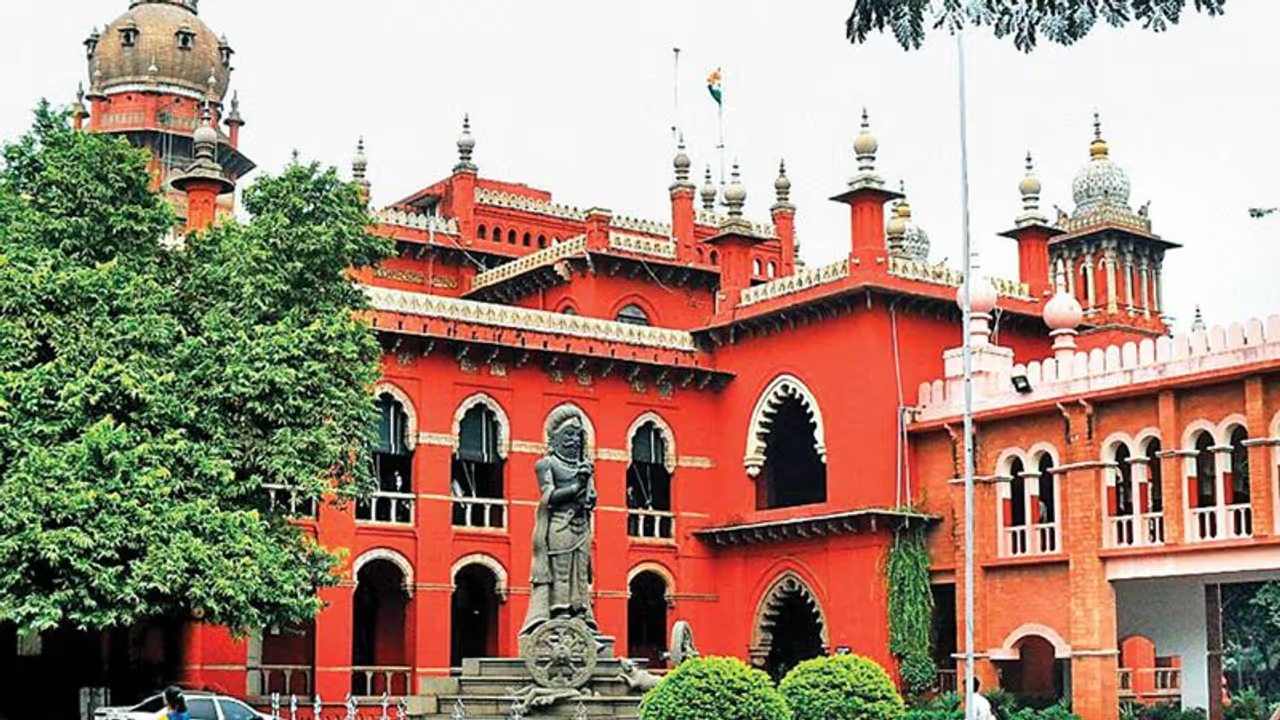A division bench of Justices V M Velumani and S Sounthar made the observation, while allowing a civil miscellaneous appeal from C Sivakumar, working as a professor in a medical college in Erode recently.
The Madras High Court ruled that removing the thali chain or mangalsutra from an estranged wife would amount to "mental cruelty of the greatest kind." As a result of this, the court granted divorce to C Sivakumar, who is currently employed as a professor at a medical college in Erode. He filed an appeal at the Madras High Court, which was considered by a division bench consisting of Justices V M Velumani and S Sounthar, who made the comment.

When the lady was interrogated, she acknowledged to removing her thali chain at the moment of separation (sacred chain worn by the wife as a token of having married). Despite her explanation that she kept the thali and simply removed the chain, the act of removing it had its own meaning.
Her attorney argued, using Section 7 of the Hindu Marriage Act, that tying of the thali is not required, and hence its removal by the wife, even if true, would have no effect on the marital connection.
Also Read | Madras HC upholds 7.5% quota for govt school students in medical exams
"Thali around a woman's neck was a precious object that symbolised the continuation of marital life and was removed only after the husband died. Since a result, its removal by the petitioner/wife can be considered an act of mental cruelty of the highest degree, as it could have caused suffering and injured the respondent's feelings," the bench stated.
The bench further said, "We do not claim that the removal of the thali chain is sufficient to dissolve the marital knot, but the respondent's (wife's) action constitutes evidence in drawing an inference regarding the parties' intents. The respondent's removal of the thali chain at the time of separation, along with other evidence on record, leads us to the conclusion that the parties have no intention of reconciling and continuing the marital knot."
Also Read | Daughters entitled to inherit self-acquired properties of father if no will, rules Supreme Court
Furthermore, the bench observed that she had fabricated charges of extramarital relationships against the guy with his female coworkers in front of coworkers and pupils, as well as the police.
(With PTI inputs)
